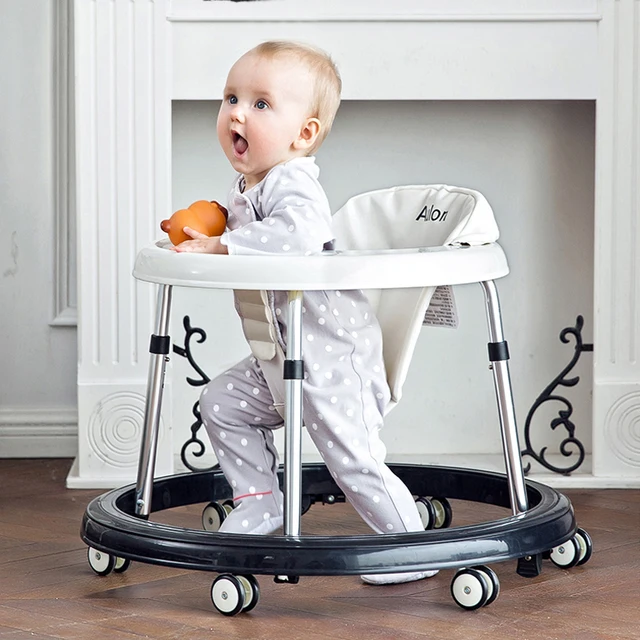 Source: bing.com
Source: bing.comTable of Contents
Introduction
As a new parent, one of the many decisions you’ll make is whether or not to use a baby walker for your little one. On one hand, baby walkers can be a fun and convenient way for babies to explore their surroundings and practice their walking skills. However, there are concerns about the safety of baby walkers and their impact on a child’s development. In this article, we’ll delve into the question of whether baby walkers are safe for development according to the American Academy of Pediatrics (AAP).
The AAP’s Stance on Baby Walkers
The AAP has taken a firm stance on baby walkers, stating that they are not safe for development. In fact, the organization has called for a ban on the manufacture and sale of baby walkers in the United States. The reason for this stance is that baby walkers can cause serious injuries to babies and delay their motor and cognitive development.
The Dangers of Baby Walkers
One of the biggest dangers of baby walkers is that they can tip over, causing the baby to fall and potentially suffer serious injuries. In fact, according to the AAP, baby walkers are responsible for more injuries to babies than any other type of nursery equipment. Babies in walkers can also easily roll down stairs or get into other dangerous situations that they wouldn’t be able to access without the walker.Another concern with baby walkers is that they can delay a child’s motor and cognitive development. When babies learn to walk, they do so by using their muscles and developing their sense of balance. However, in a walker, babies are essentially suspended in a seated position, which can hinder their development of these important skills. Additionally, babies in walkers may not be getting the same sensory input as they would if they were crawling or walking on their own.
Alternatives to Baby Walkers
If you’re looking for ways to help your baby develop their walking skills, there are plenty of safe alternatives to baby walkers. For example, you can encourage your baby to practice standing and walking with your help or by holding onto furniture. You can also provide your baby with plenty of tummy time to build their strength and coordination. Additionally, toys like push walkers can be a fun and safe way for babies to practice walking while still using their muscles and developing their balance.
Conclusion
In conclusion, baby walkers are not safe for development according to the AAP. While they may seem like a convenient way to help your baby explore their surroundings and practice their walking skills, the risks associated with baby walkers far outweigh any potential benefits. Instead, focus on safe and developmentally appropriate alternatives to help your baby learn and grow.
Frequently Asked Questions
1. What are the dangers of baby walkers?
Baby walkers can tip over, causing the baby to fall and potentially suffer serious injuries. Babies in walkers can also easily roll down stairs or get into other dangerous situations that they wouldn’t be able to access without the walker.
2. Can baby walkers delay a child’s development?
Yes, babies in walkers may not be getting the same sensory input as they would if they were crawling or walking on their own, which can delay their motor and cognitive development.
3. What are some alternatives to baby walkers?
You can encourage your baby to practice standing and walking with your help or by holding onto furniture. You can also provide your baby with plenty of tummy time to build their strength and coordination. Additionally, toys like push walkers can be a fun and safe way for babies to practice walking while still using their muscles and developing their balance.
4. Are baby walkers banned in the United States?
While baby walkers are not currently banned in the United States, the AAP has called for a ban on their manufacture and sale.
5. What is the AAP’s stance on baby walkers?
The AAP has taken a firm stance on baby walkers, stating that they are not safe for development and calling for a ban on their manufacture and sale in the United States.
